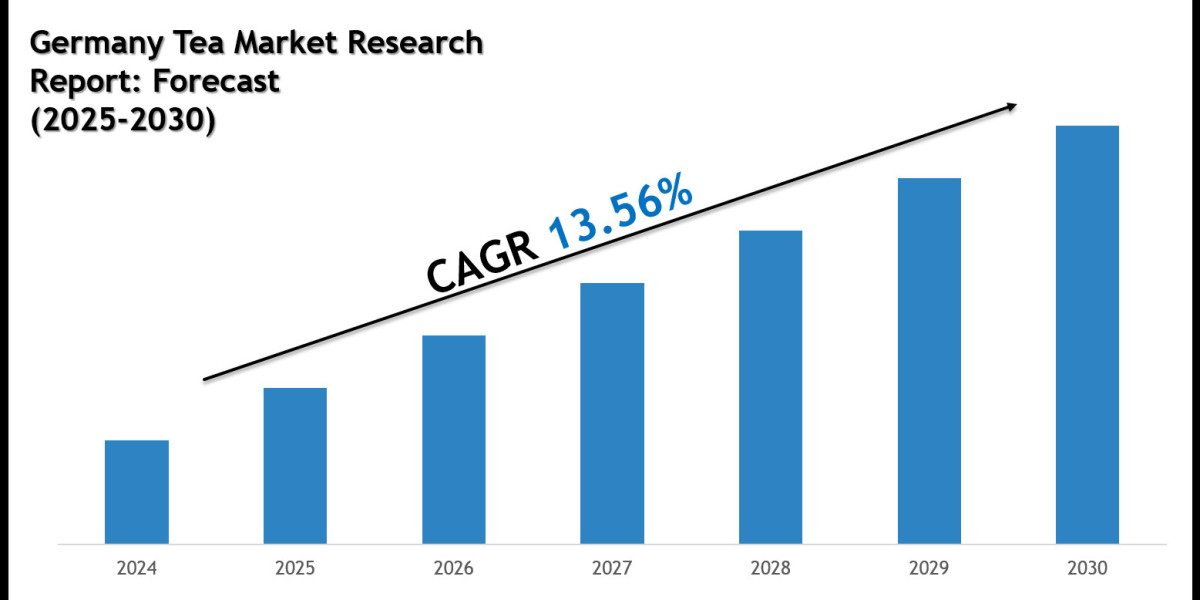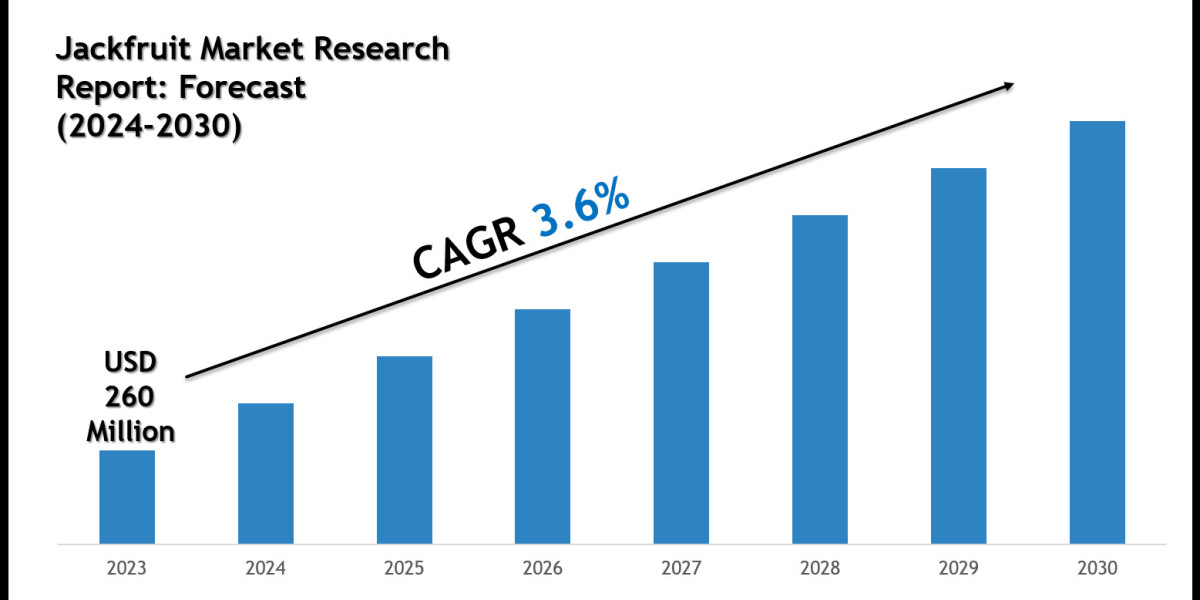Buying a residential property is one of the most significant financial decisions most people make in their lifetime. Whether you are a first-time buyer or an experienced investor, understanding the available financing options is crucial for making a smart and informed decision. With property prices on the rise, leveraging the right financing solution can make your dream home more accessible while ensuring long-term financial stability.
Understanding the Basics of Property Financing
Property financing, often referred to as home financing or mortgage, is a way to spread the cost of buying a home over several years. Instead of paying the full price upfront, buyers can pay in installments while availing themselves of bank loans or specialized financial schemes.
At its core, financing involves three main components:
Principal Amount – This is the total loan amount borrowed from a bank or financial institution.
Interest Rate – The cost of borrowing the principal amount, usually expressed as a percentage.
Tenure – The period over which the loan will be repaid, typically ranging from 5 to 30 years depending on the lender and buyer’s preference.
By understanding these components, buyers can evaluate how much they can afford to borrow and how it will impact their monthly budget.
Traditional Bank Loans
Banks are the most common source of property financing. They offer home loans that cover a significant portion of the property’s value, usually up to 70-80%. Banks provide structured repayment plans, allowing buyers to pay back the loan over an extended period.
Advantages of bank loans:
Predictable monthly payments make budgeting easier.
Competitive interest rates are available for customers with good credit histories.
Banks often offer additional financial products such as insurance or flexible repayment plans.
Things to consider:
The approval process can be lengthy, requiring documentation such as proof of income, property ownership papers, and credit history.
Late payments may attract penalties and negatively affect your credit score.
Interest rates may vary depending on market conditions, so long-term planning is essential.
Developer Financing
Some property developers offer in-house financing options for buyers. This can be particularly useful for buyers looking to purchase properties in new or upcoming housing schemes. Developers may offer flexible installment plans with lower initial payments, making it easier for buyers to secure their home without relying entirely on banks.
For example, if you are considering a property in Etihad town phase 3, developer financing could provide an opportunity to reserve your unit with a smaller down payment while spreading the remaining cost over a structured payment plan.
Advantages of developer financing:
Lower upfront costs compared to traditional loans.
Flexible repayment plans tailored to suit buyers’ financial situations.
Sometimes offers incentives like reduced booking fees or no-interest initial installments.
Things to consider:
Interest rates may be higher compared to bank loans.
Legal protections are generally less robust than bank-financed agreements.
Buyers should carefully review the developer’s track record before committing.
Islamic Financing Options
Islamic financing has become increasingly popular for buyers seeking Shariah-compliant solutions. These options avoid traditional interest rates and instead rely on profit-sharing or rent-to-own models.
Common Islamic financing structures:
Murabaha: The bank buys the property and sells it to the buyer at a marked-up price, payable in installments.
Ijara: The bank purchases the property and leases it to the buyer, with an option to purchase at the end of the lease period.
Musharaka: A partnership model where the buyer and bank co-own the property, gradually transferring ownership to the buyer over time.
Advantages of Islamic financing:
Shariah-compliant, suitable for buyers who prefer interest-free models.
Fixed monthly payments reduce financial uncertainty.
Often includes flexible repayment options depending on the agreement type.
Things to consider:
Not all banks and financial institutions offer these products, so availability can be limited.
Some structures may result in higher total payments compared to conventional loans.
Buyers should carefully review agreements to ensure transparency in profit calculations.
Government-Backed Financing Programs
Many governments offer housing finance programs to support middle-income buyers. These programs often include subsidized interest rates, tax benefits, and long repayment periods. They are particularly helpful for first-time homebuyers or those looking for affordable housing in planned communities.
Advantages of government-backed programs:
Reduced financial burden through lower interest rates or subsidies.
Simplified approval processes compared to private lenders.
Sometimes paired with incentives like discounted property rates or priority allocation in housing schemes.
Things to consider:
Eligibility criteria may be strict, focusing on income levels or citizenship requirements.
The process may involve longer waiting periods for approval.
Limited options may restrict property choices to specific developments.
Personal Savings and Home Equity
While loans are common, buyers can also use personal savings or equity from an existing property to finance a new purchase. This approach reduces dependency on lenders and can save on interest payments.
Advantages:
Full ownership without long-term debt obligations.
Reduced financial pressure and risk of default.
Flexibility to invest in properties without external approval constraints.
Things to consider:
Requires substantial savings, which may not be feasible for all buyers.
Ties up capital that could be used for other investments.
For existing homeowners, liquidating equity could involve selling or refinancing a property.
Tips for Choosing the Right Financing Option
Selecting the right financing option depends on your financial situation, long-term goals, and risk tolerance. Here are some tips to guide the decision-making process:
Assess Your Budget: Calculate your monthly income, expenses, and potential loan payments. Ensure that the financing option you choose is sustainable without straining your finances.
Compare Interest Rates: Look at multiple lenders and developer options to identify the most competitive rates. Even small differences in interest rates can have a significant impact over time.
Understand Terms and Conditions: Read the fine print carefully, including repayment schedules, penalties for late payments, and any hidden fees.
Consider Long-Term Flexibility: Choose financing that allows early repayment or adjustments in case of changes in financial circumstances.
Seek Expert Advice: Financial advisors or real estate consultants can provide valuable insights tailored to your needs, especially when navigating complex financing schemes.
Conclusion
Buying a residential property is a significant step that requires careful planning and financial foresight. Whether opting for traditional bank loans, developer financing, Islamic options, government-backed programs, or using personal savings, buyers have several avenues to make property ownership feasible and manageable.
For instance, in communities like Etihad town phase 3, flexible financing options offered by developers can make investing in residential properties easier, even for first-time buyers. By understanding the various options and evaluating them against your financial goals, you can choose the solution that provides security, convenience, and long-term value.
Smart financing is not just about securing a loan; it is about making a decision that supports your lifestyle, protects your investments, and enables you to enjoy your home without unnecessary financial stress. Careful research, planning, and guidance can turn your dream of owning a residential property into a reality while keeping your finances healthy and stable.








